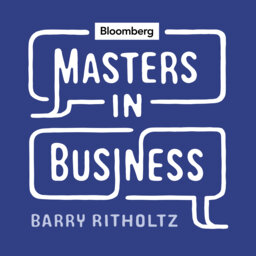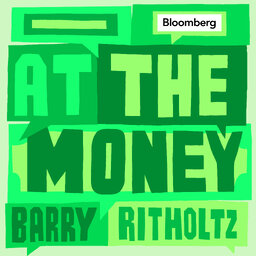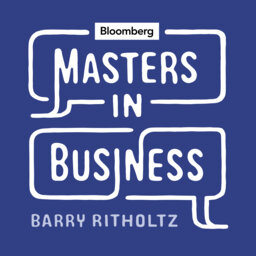Angus Deaton on the Financial Advantage of College Degrees
Bloomberg Radio host Barry Ritholtz speaks to Angus Deaton, senior scholar at the Princeton School of Public and International Affairs. In 1976, he became a professor of econometrics at the University of Bristol and moved to Princeton as a professor of economics and international affairs in 1983. He became an emeritus professor in 2016. In 2015, he received the Nobel Memorial Prize in Economic Sciences. He is the author of almost 200 papers and six books, including The Great Escape: Health, Wealth, and the Origins of Inequality; Economics in America: An Immigrant Economist Explores the Land of Inequality; and, with Anne Case, of Deaths of Despair and the Future of Capitalism.
In 1 playlist(s)
Masters in Business
Barry Ritholtz speaks with the people that shape markets, investing and business.Social links
Follow podcast
Recent clips

How AI Could Freeze Progress with Hilary Allen
1:11:26

At The Money: The Mega Backdoor Roth
16:21

Why a Joint Account Can Be a Sign of Healthy Marriage
1:01:20
 Masters in Business
Masters in Business